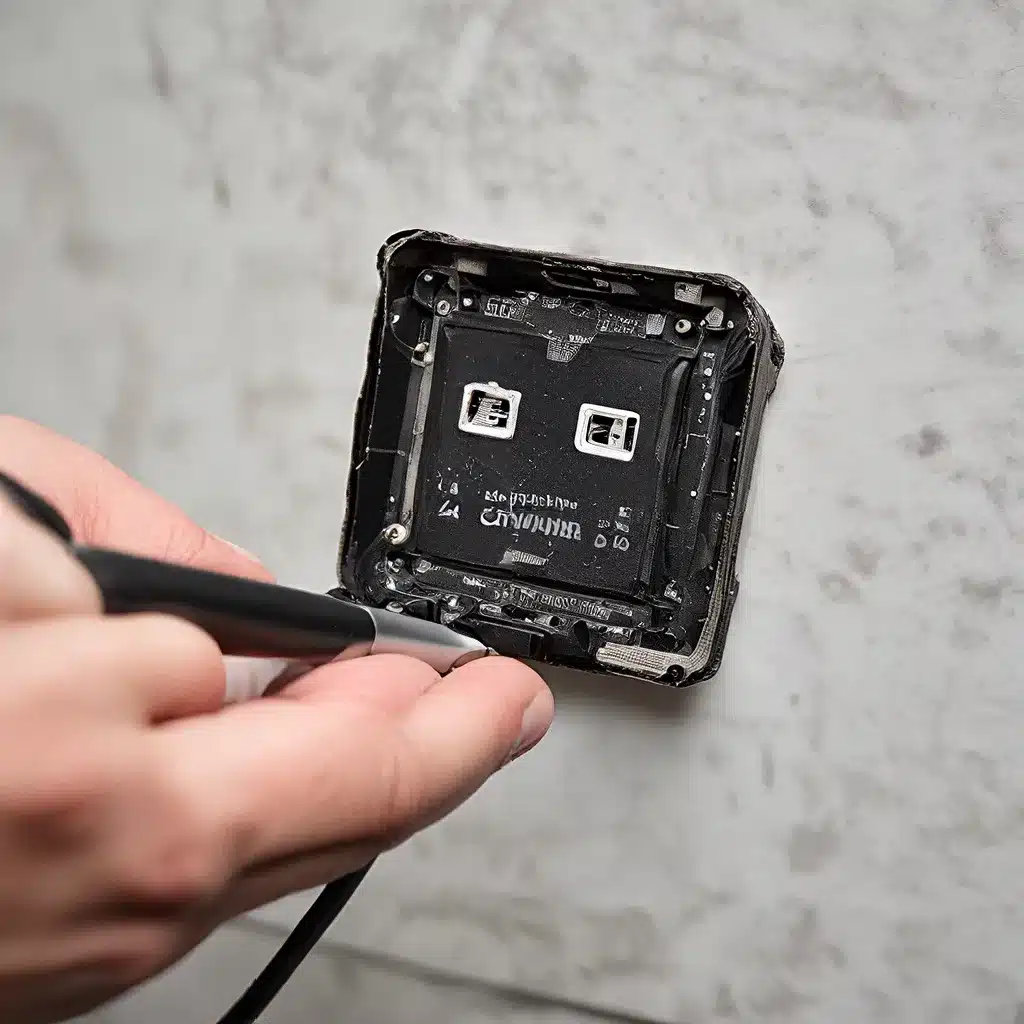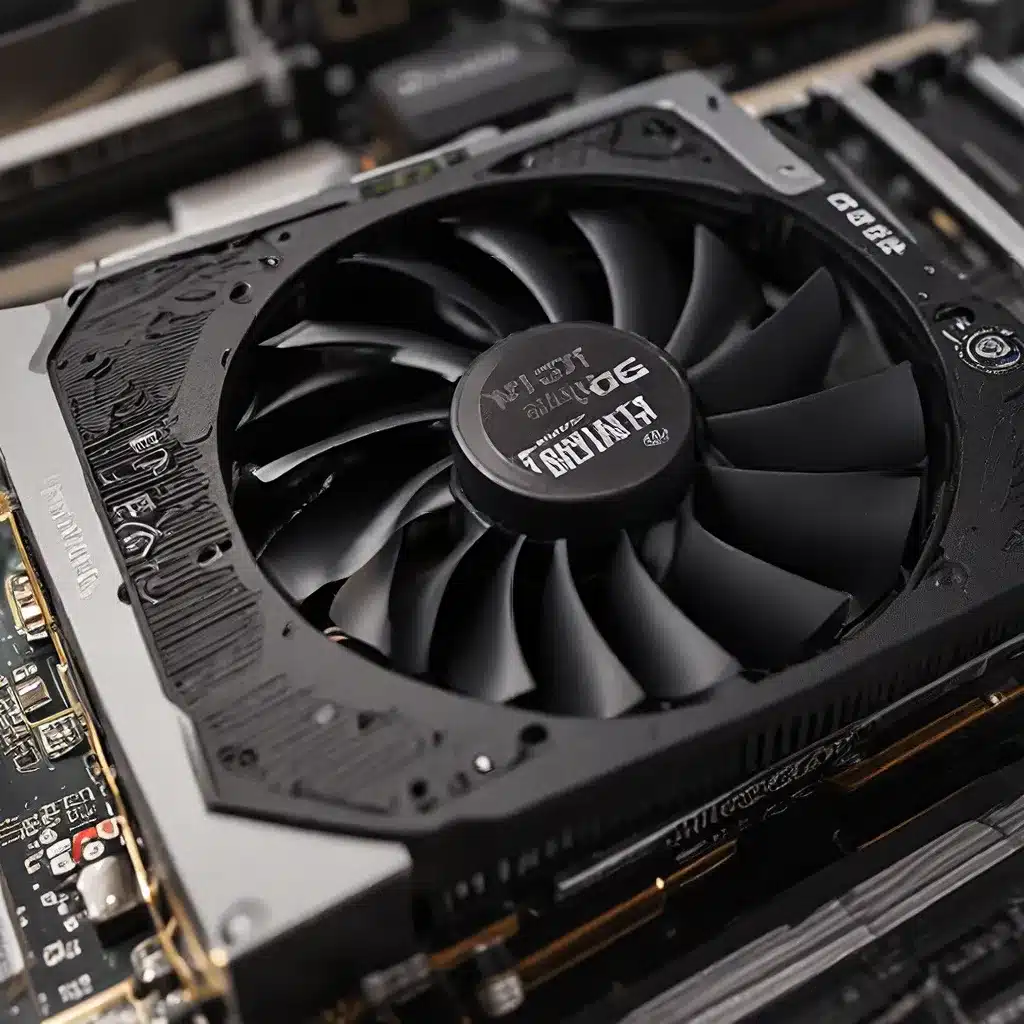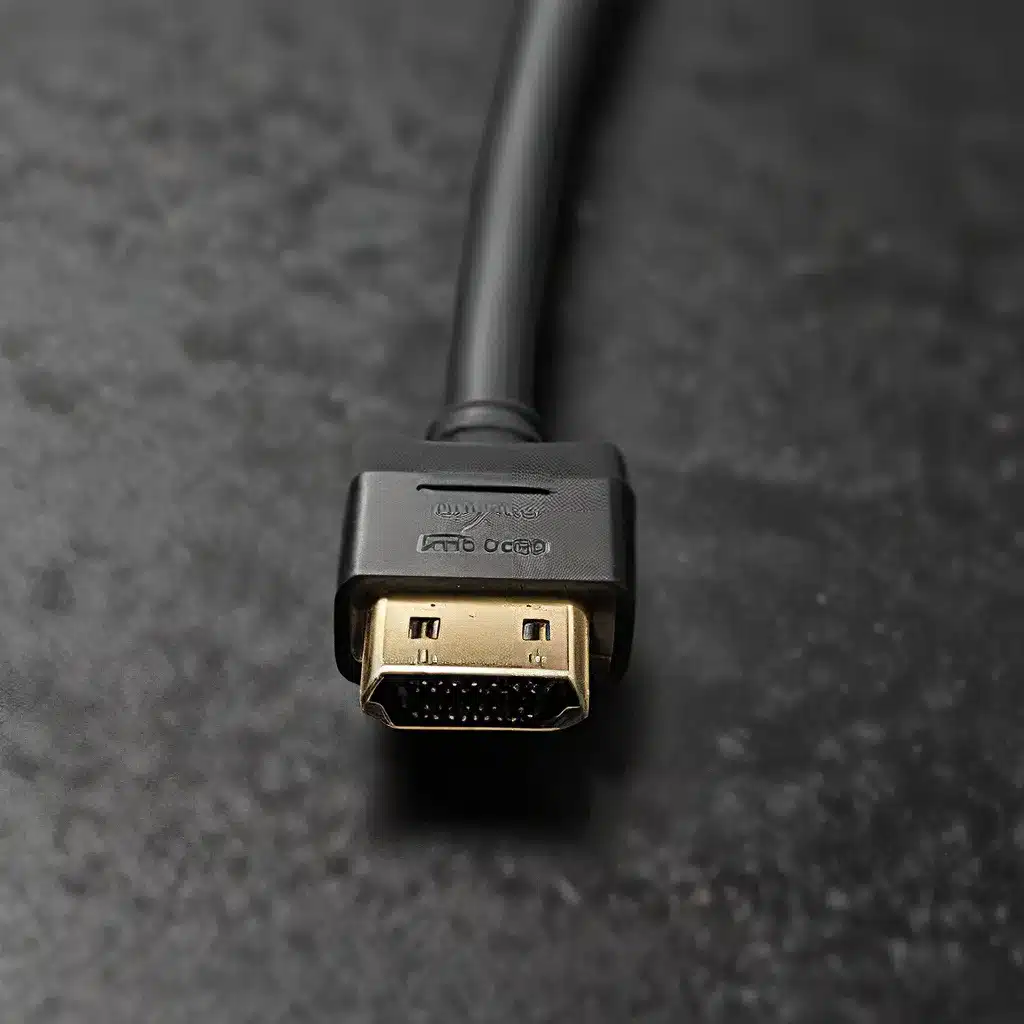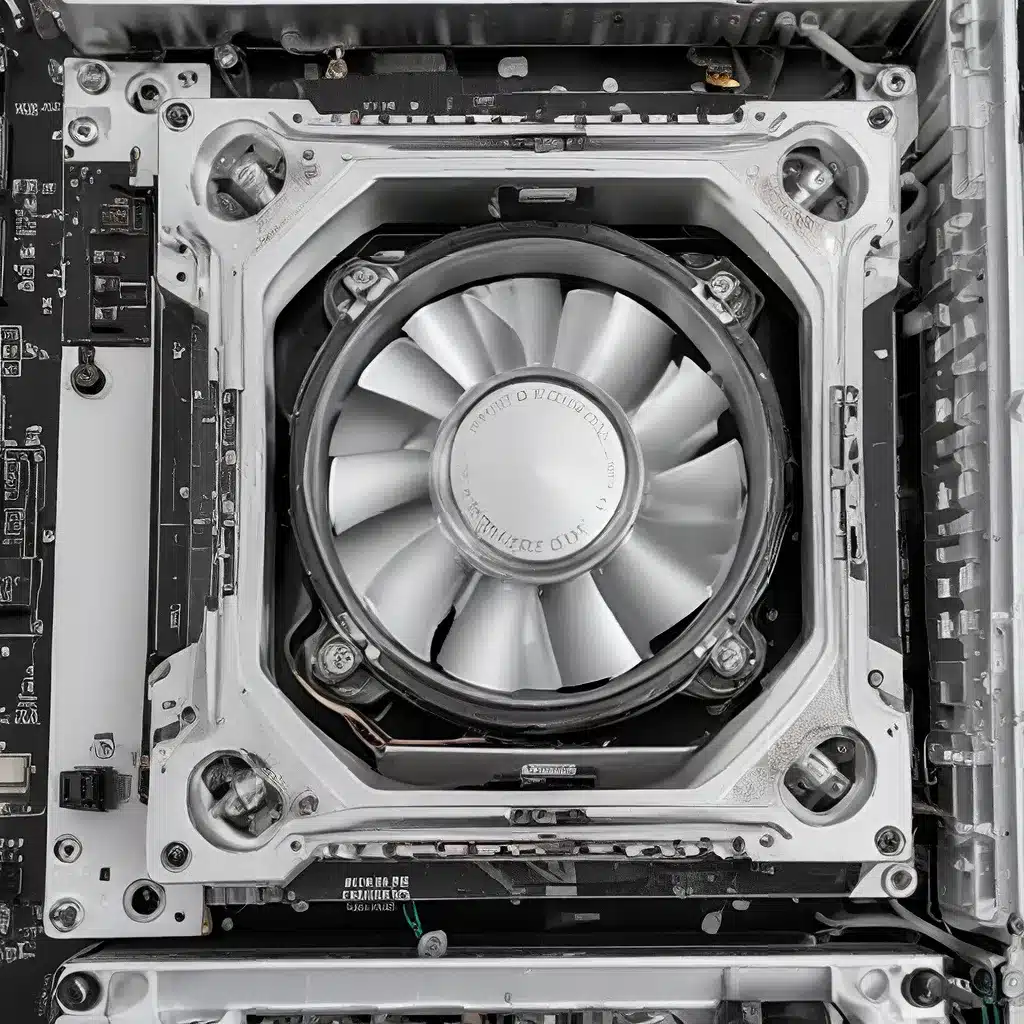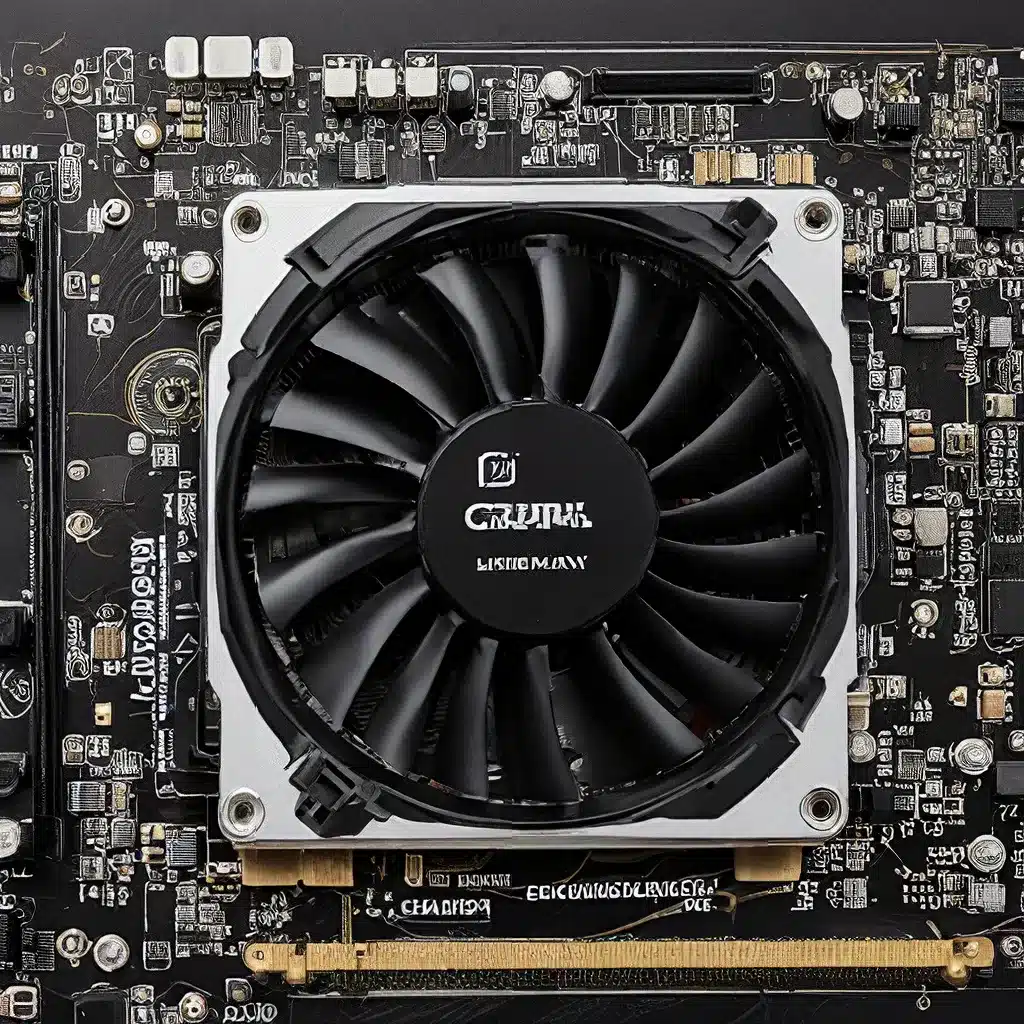Ah, the age-old debate – traditional router or mesh network? If you’re like me, you’ve probably wondered which one is the superior choice for your home Wi-Fi setup. As someone who’s been through the trials and tribulations of finding the perfect wireless solution, I’m here to share my insights and hopefully make your decision a little easier.
The Traditional Router: A Familiar Friend
Let’s start with the old-school option – the traditional router. These trusty devices have been around for ages, and for good reason. They’re the OG of home networking, providing a centralized access point for all your connected devices. Think of them as the town square where everyone gathers to share the latest gossip (or, you know, browse the web).
One of the biggest advantages of traditional routers is their simplicity. [1] Setting them up is a breeze, and once you’ve got them up and running, they just kind of… work. No fuss, no muss. And let’s not forget the price tag – you can often snag a decent traditional router for a fraction of the cost of a fancy-pants mesh system.
But don’t let that fool you – these routers pack a punch. [2] Many of the latest models boast impressive specs, like lightning-fast Wi-Fi 6 and powerful processors that can handle even the most demanding online activities. So if you’re a hardcore gamer or a movie-streaming enthusiast, a traditional router might just be the way to go.
The Mesh Network: The Future is Now
Now, let’s talk about the new kid on the block – mesh Wi-Fi systems. These nifty networks are like the cool older sibling of the traditional router, with a more decentralized approach to home connectivity. [3] Instead of relying on a single access point, mesh systems use a network of interconnected nodes (or “pucks,” as I like to call them) to blanket your home in a seamless, high-performance Wi-Fi cocoon.
One of the biggest advantages of mesh networks is their ability to tackle those pesky dead zones. [4] You know the ones – the corners of your home where the Wi-Fi signal drops faster than a hot potato. With a mesh system, those dead zones are a thing of the past. The nodes work together to ensure you’ve got a strong, stable connection no matter where you roam.
But it’s not just about coverage – mesh systems also boast some pretty impressive performance chops. [5] Many of them come equipped with the latest wireless technologies, like Wi-Fi 6, and can deliver lightning-fast speeds even in the farthest reaches of your home. And if you ever need to expand your network, simply adding another node is a breeze.
The Great Showdown: Which One Reigns Supreme?
Alright, let’s cut to the chase – which one is the better choice? Well, my friends, the answer is… it depends. [6] Both traditional routers and mesh systems have their own unique strengths and weaknesses, and the one that’s right for you will depend on your specific needs and living situation.
If you’ve got a smaller home or apartment, a traditional router might be all you need. [7] They’re often cheaper, easier to set up, and can provide blazing-fast speeds without the need for a whole mesh network. Plus, let’s be real – some of us just prefer the simplicity of a single access point.
But if you’ve got a larger, multi-story home, or you’re dealing with some stubborn dead zones, a mesh system might be the way to go. [8] These network superstars can blanket your entire living space in a seamless, high-performance Wi-Fi cocoon, ensuring you never have to worry about losing your connection.
So, how do you choose? Well, I’d recommend taking a good, hard look at your living situation and your online needs. Are you a hardcore gamer who demands the absolute fastest speeds? A traditional router might be your best bet. Or are you a Netflix-binging, smart-home-loving techie who needs bulletproof coverage? Then a mesh system could be the way to go.
Personally, I ended up going with a mesh network, and I couldn’t be happier. [9] The seamless coverage and the ability to easily expand my network as my needs grew were just too good to pass up. But hey, that’s just my two cents – the choice is ultimately up to you, my friend.
| Feature | Traditional Router | Mesh Wi-Fi |
|---|---|---|
| Coverage | Limited to the router’s range | Excellent coverage, even in large homes |
| Expandability | Requires additional extenders | Easy to add more nodes for more coverage |
| Setup | Simple and straightforward | Slightly more complex, but still user-friendly |
| Performance | Excellent speeds, especially for gaming and streaming | Excellent speeds, but may be slightly lower than top-tier traditional routers |
| Price | Generally more affordable | Can be more expensive, especially for larger homes |
So there you have it – the age-old battle between traditional routers and mesh Wi-Fi systems. Whichever path you choose, just remember to have fun with it and don’t be afraid to experiment. After all, the world of home networking is constantly evolving, and who knows what the future may hold. Happy browsing, my friends!
[1] Knowledge from https://www.pcworld.com/article/1450268/mesh-wi-fi-vs-traditional-routers-which-is-better.html
[2] Knowledge from https://www.zdnet.com/home-and-office/networking/mesh-routers-vs-wi-fi-routers-what-is-best-for-your-home-office/
[3] Knowledge from https://www.pcworld.com/article/539680/mesh-wi-fi-vs-traditional-router-which-ones-best-for-your-home.html
[4] Knowledge from https://www.reddit.com/r/HomeNetworking/comments/rxoz6f/real_world_test_of_mesh_wifi_vs_standalone_router/
[5] Knowledge from https://www.netgear.com/hub/technology/wifi-extender-vs-mesh-wifi-which-is-better/
[6] Knowledge from https://us.hitrontech.com/learn/what-is-the-difference-between-a-wifi-router-and-mesh-network/
[7] Knowledge from https://www.pcworld.com/article/1450268/mesh-wi-fi-vs-traditional-routers-which-is-better.html
[8] Knowledge from https://www.zdnet.com/home-and-office/networking/mesh-routers-vs-wi-fi-routers-what-is-best-for-your-home-office/
[9] Knowledge from https://utahbroadband.com/mesh-wifi-vs-traditional-wifi-routers-which-is-better/





